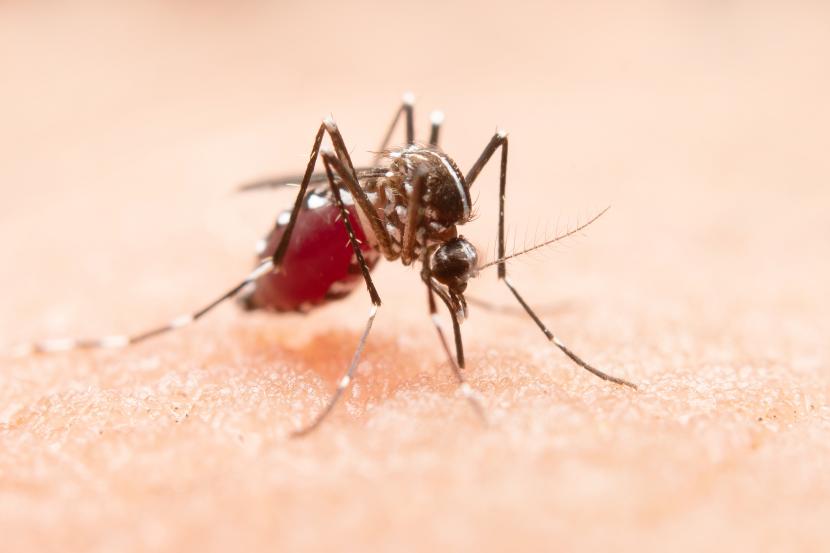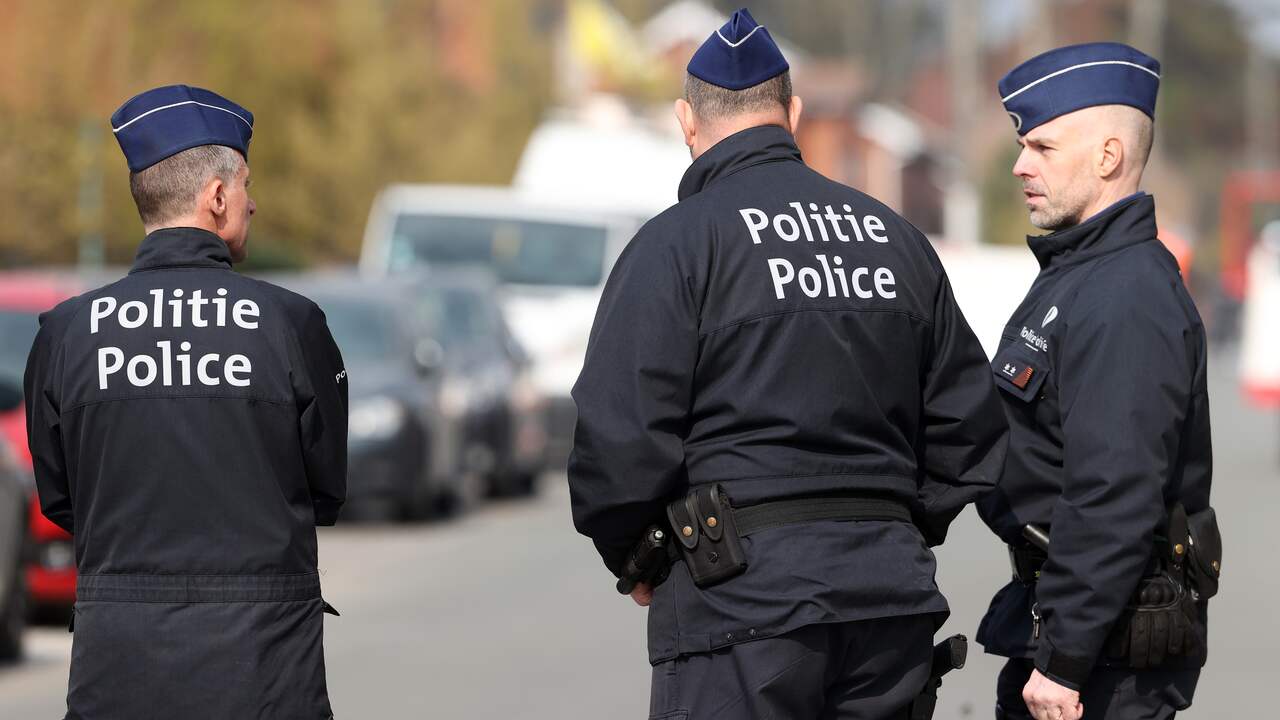The Aedes aegypti mosquito is the cause of dengue fever (illustration). The spread of mosquitoes containing Wolbachia bacteria is a new strategy to overcome the transmission of dengue hemorrhagic fever cases in Indonesia.
REPUBLIKA.CO.ID, JAKARTA — Minister of Health Budi Gunadi Sadikin stated that Indonesia has still not succeeded in reducing the number of cases of dengue hemorrhagic fever (DHF) to the minimum threshold for the frequency of illness globally. Over the last 50 years, various interventions DBD that was carried out did not yield any results.
“Over the last 50 years, the government has carried out all kinds of interventions and programs, spending perhaps hundreds of billions to trillions of rupiah, but dengue cases have not decreased,” said Budi at the DPR RI Commission IX Working Meeting. Wolbachiafollowed on the network in Jakarta, Tuesday (28/11/2023).
Budi said the programs carried out during that period included environmental, vector and human interventions. Environmental interventions are carried out by reducing larval habitat such as building water pipes, draining, cleaning and recycling water containers.
This form of intervention on vectors is carried out by spraying chemicals that kill larvae. Then, there is the use of chemicals that kill adult mosquitoes using fumigation.
“Meanwhile, intervention in humans is carried out by changing human behavior and residence, as well as providing dengue vaccination,” said Budi.
The Indonesian U-17 World Cup will take place from 10 November to 2 December 2023. Immediately buy and get official tickets to the U-17 World Cup matches in Jakarta, Bandung, Solo and Surabaya
on the page
source: Between
2023-11-28 09:15:46
#Minister #Health #Years #DHF #Intervention #Successful #Reducing #Cases #emWolbachiaem #Give #Hope #Republika #Online


